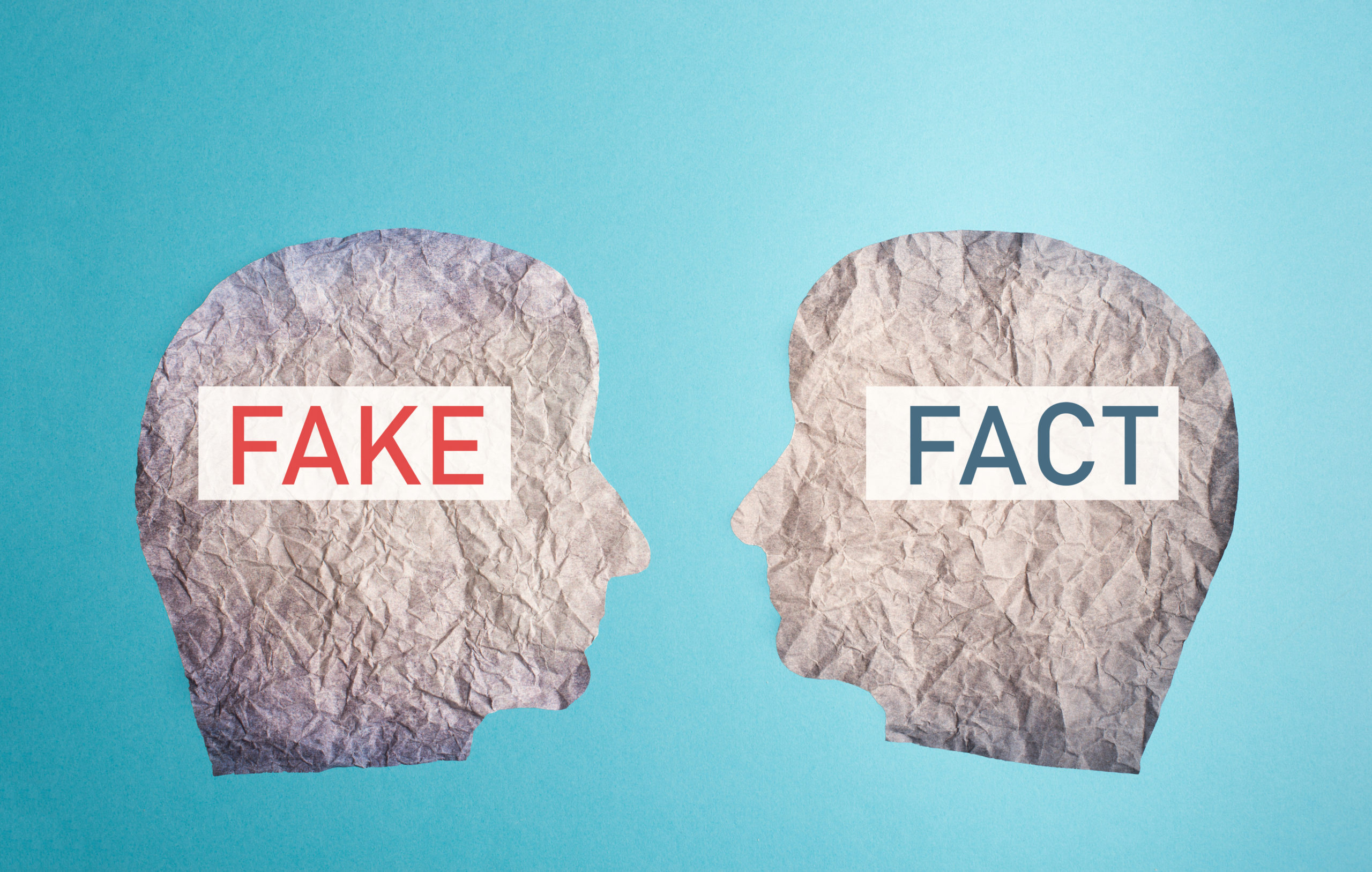Original article (in Montenegrin) was published on 14/12/2022
Social and political tensions in the region are additionally “fueled” by politically-coloured media reporting, making the stabilisation of “neighbourly” relations even more difficult.
On 9 December, the In4s web portal, reporting on the events in the north of Kosovo and Metohija that occupied the attention of the region and the international community in the previous days, published an article whose title read:
“EU again justifies Kurti’s terror against Serbs: Both sides contribute to escalation.”
The article further reads:
“The European Union has expressed concern about the tensions in the north of Kosovo and Metohija in recent days, noting that they are the alleged result of the actions of the Kosovar* and Serbian sides, reports Radio Free Europe.
This is, of course, very serious and appears to be the result of the escalation we have witnessed in recent weeks. It is also an observation of how the actions of both sides contribute to this situation”, said the EU official”.
The In4s portal refers to the article by Free Europe, published on the same day, in which the European Union (EU) spokesperson, Peter Stano, and an unnamed source are cited as sources.
“The EU and the member states call for responsibility and de-escalation as the most necessary preconditions for the wellbeing of the local population,” Stano said at the press conference.
Prior to that, an unnamed EU official warned that the situation in the north of Kosovo was serious. This source stated that tensions escalated in recent weeks and recalled Brussels’s warnings that both sides’ actions actually led to this”.
Events in Kosovo
Current tensions in Kosovo began in early November when civil servants, who identify as ethnic Serbs, decided to resign from Pristina institutions. Mayors, judges, and prosecutors followed their example, and the police officers who were part of the Kosovo police symbolically took off their uniforms. The resignations were a sign of opposition to the decision of the Government of Kosovo to start the process of re-registration of cars with plates issued by Serbia, which are illegal in Kosovo. In addition to withdrawing the decision on re-registration, they demanded the establishment of the Community of Serbian Municipalities, in line with the agreements resulting from the dialogue between Serbia and Kosovo.
Numerous high-ranking EU officials and representatives of the international community addressed the issue of collective resignations, appealing to Belgrade and Pristina to prevent further escalation of tensions by engaging in peaceful dialogue.
However, the situation unfolded differently.
Elections in four municipalities in the north of Kosovo are scheduled for mid-December, and already at the beginning of this month, incidents were recorded in some municipalities.
The sharp reactions and decisions of the representatives of the two countries did not contribute to stabilising the situation. The President of Serbia, Aleksandar Vucic, announced that Serbia would not have its representative at the summit in Tirana, scheduled for the beginning of December. This decision was a result of an appointment to the post of minister in the government of Kosovo of a person who is not a representative of the Serbian List, i.e. does not represent a non-majority community. At the same time, Vucic condemned the EU for the lack of reaction to that appointment.
Numerous regional media report daily on events and developments in Kosovo.
Due to the outbreak of the incidents, the EU spokesperson, Peter Stano, spoke out, which was reported by Free Europe and other media, including the In4s portal. This provoked fierce attacks from President of Serbia Aleksandar Vucic on the EU, which in his words had an “anti-Serbian attitude”, and on Prime Minister of Kosovo Albin Kurti, whom he called “terrorist scum”.
The article published on the In4s web portal does not elaborate on how the EU justifies the activities of the Prime Minister of Kosovo, although this is highlighted in the very title of the article.
He condemned the violence, stressing that the EU and its member states remain committed to establishing peace, primarily for the sake of the citizens.
The High Representative of the Union for Foreign Affairs and Security Policy, Josep Borell, appealed in a tweet that all participants must avoid an escalation of the conflict.
“#EU will not tolerate attacks on @EULEXKosovo or use of violent, criminal acts in the north. Barricades must be removed immediately by groups of Kosovo Serbs. Calm must be restored. EULEX will continue to coordinate w/Kosovo authorities & KFOR”.
As a potential solution for stabilising relations, the EU sent a Franco-German proposal which should represent a framework agreement between the two states.
Therefore, the EU spokesperson did not justify “Kurti’s terror against the Serbs”, nor did any other EU official. Also, the article published on the In4s web portal does not explain how the EU justified the activities of the Prime Minister of Kosovo, as stated in the title of the disputed text, which is why we rate this media publication as a manipulation of facts.
The “Manipulation of facts” rating is given to a media report that uses known and accurate facts but misleadingly interprets them. Such media reports generally use inaccurate information to draw incorrect conclusions or claims, thereby distorting the conclusions of consumers of media content in the wrong direction in relation to the real meaning of the presented facts.
We also rate this media report as clickbait.
The “Clickbait” rating is given to a media report whose title has no grounds in the article that follows. Such articles and features aim to attract the attention of the consumer with a sensational title, promising content that does not actually. Such reports are mostly motivated by financial interest, i.e. to increase readership.



